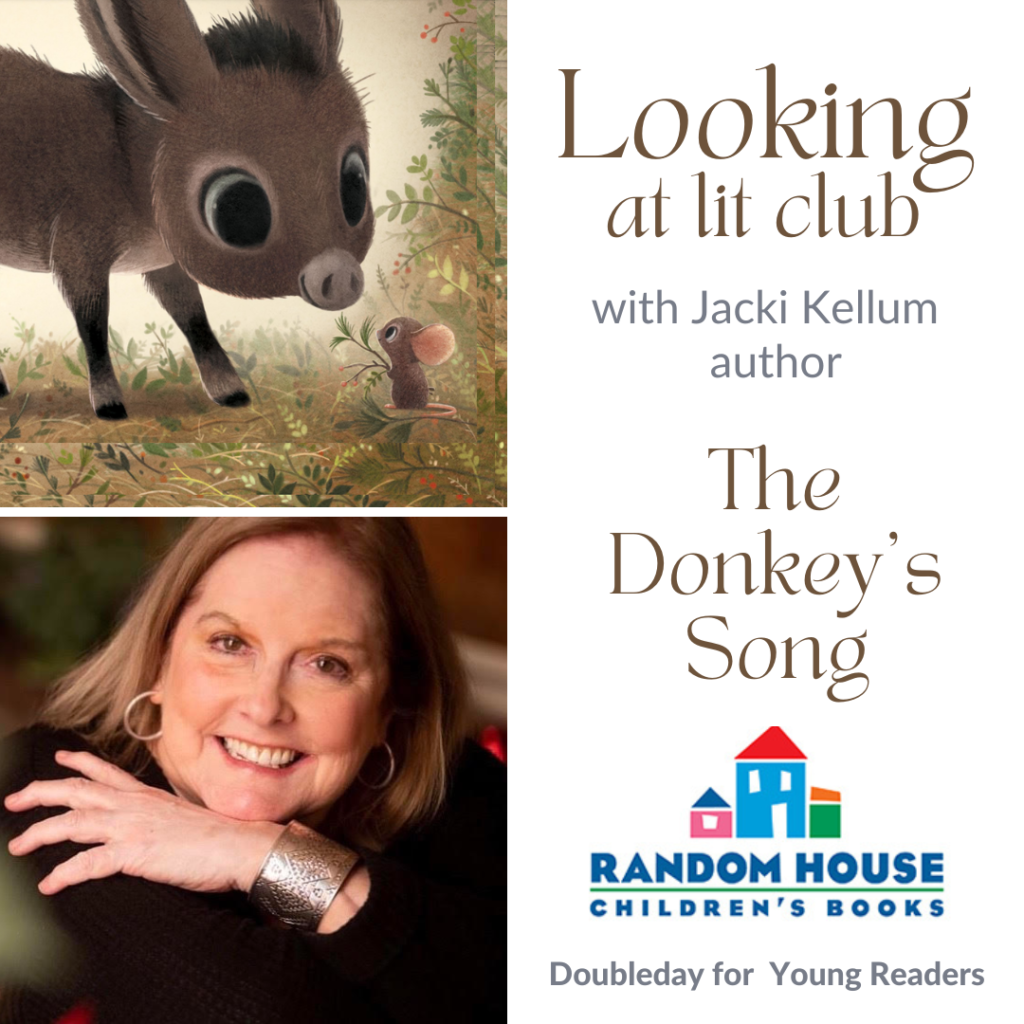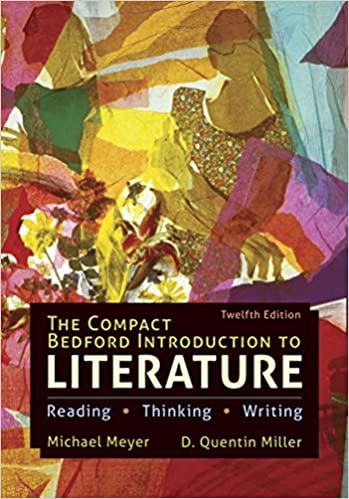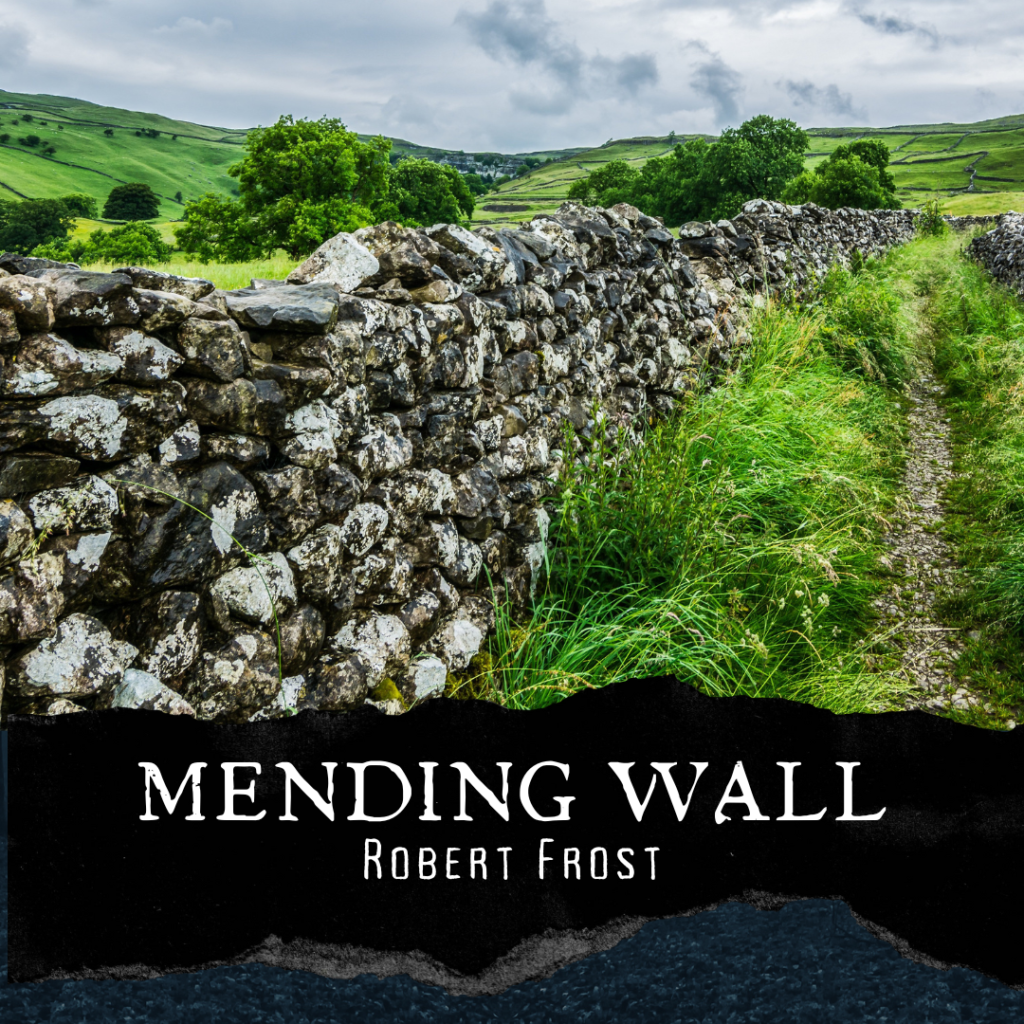Mending Wall
BY ROBERT FROST
1874 – 1963
Something there is that doesn’t love a wall
That sends the frozen-ground-swell under it,
And spills the upper boulders in the sun;
And makes gaps even two can pass abreast.
The work of hunters is another thing:
I have come after them and made repair
Where they have left not one stone on a stone,
But they would have the rabbit out of hiding,
To please the yelping dogs. The gaps I mean,
No one has seen them made or heard them made,
But at spring mending-time we find them there.
I let my neighbor know beyond the hill;
And on a day we meet to walk the line
And set the wall between us once again.
We keep the wall between us as we go.
To each the boulders that have fallen to each.
And some are loaves and some so nearly balls
We have to use a spell to make them balance:
‘Stay where you are until our backs are turned!’
We wear our fingers rough with handling them.
Oh, just another kind of out-door game,
One on a side. It comes to little more:
There where it is we do not need the wall:
He is all pine and I am apple orchard.
My apple trees will never get across
And eat the cones under his pines, I tell him.
He only says, ‘Good fences make good neighbors.’
Spring is the mischief in me, and I wonder
If I could put a notion in his head:
‘Why do they make good neighbors? Isn’t it
Where there are cows? But here there are no cows.
Before I built a wall I’d ask to know
What I was walling in or walling out,
And to whom I was like to give offense.
Something there is that doesn’t love a wall,
That wants it down.’ I could say ‘Elves’ to him,
But it’s not elves exactly, and I’d rather
He said it for himself. I see him there
Bringing a stone grasped firmly by the top
In each hand, like an old-stone savage armed.
He moves in darkness as it seems to me,
Not of woods only and the shade of trees.
He will not go behind his father’s saying,
And he likes having thought of it so well
He says again, ‘Good fences make good neighbors.

I’ll list a few of my first reactions to the poem Mending Wall:
In a small way, Mending Wall reminds me of the Hatfields vs. the McCoys. It is a conflict or a division between neighbors, and the division has been going on for years.
“frozen-ground-swell” – frozenness makes me think of cold people, icy people, rigid people who are frozen in place, cold-cold-hearts
“The gaps I mean
No one has seen them made or heard them made”
These gaps remind me of the conflicts in families and friends–the problems that started long ago and no one can even remember now how they began.
“set the wall between us once again” – This reminds me of the impenetrable walls that divide people.
‘Stay where you are until our backs are turned!’ – This makes me think about the pretentiousness in life.
“…just another kind of out-door game,” – like Joni Mitchell’s Circle Game
“My apple trees will never get across
And eat the cones under his pines, I tell him.” – This reminds me that We don’t have to be alike. We can just live and let live.
“Spring is the mischief in me” – This alludes to the way that human behavior resembles the seasons in nature. Childhood is springtime. Autumn is maturity — nearing death.
“He moves in darkness as it seems to me” This is alluding to the symbols of darkness vs light, night vs day, evil vs good, etc. 
“He will not go behind his father’s saying”
This reminds me of a joke that I used to hear preachers tell. To make a long story short, a young wife habitually cut off the ends of her roast before she baked it. Her husband became alarmed at the food that she was wasting and asked her why she did this. She responded: “Because my mother always did that.” The next time the young husband saw his wife’s mother, he asked her why she cut off the ends of her roasts before she baked them. Her response was: “Because my mother always did that.” That fueled a great curiosity in the young man, and he went to see his wife’s grandmother, and he asked her why she always cut away the ends of her roast before she cooked it. Her response was: “That’s the only way that it would fit my pan.” I laugh to keep from crying. In my opinion, too much of human behavior is based on this lack of rationale.

He says again, ‘Good fences make good neighbors.]
Discover more from Jacki Kellum
Subscribe to get the latest posts sent to your email.
